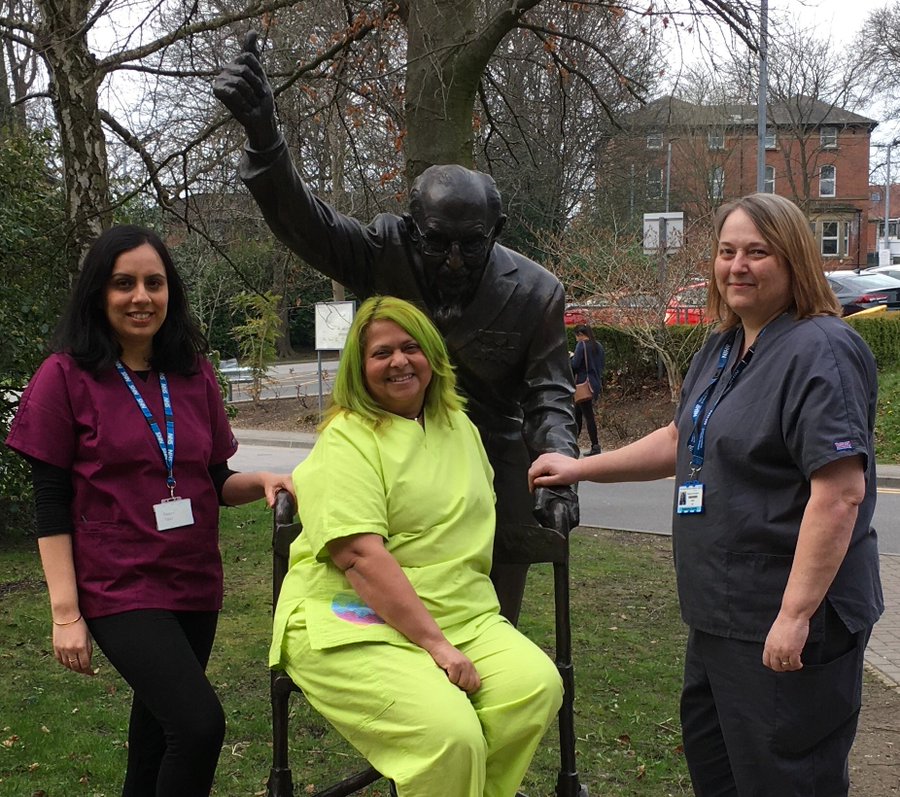A team at the Leeds Teaching Hospitals NHS Trust has won a national award for its pioneering work streamlining the diagnosis of a serious condition called giant cell arteritis.
Giant cell arteritis affects the arteries in many parts of the body causing them to become inflamed. If not treated promptly, the condition may lead to blindness or stroke.
The team received a Best Practice Award from the British Society for Rheumatology which celebrates innovative projects that make a difference to the lives of rheumatology patients.

Dr Sarah Mackie, consultant rheumatologist at Leeds Teaching Hospitals NHS Trust, said: “We wanted to improve the referral pathway for patients with suspected giant cell arteritis so we could assess them quickly, give a prompt diagnosis and get them the right treatment.”
The project aimed to decrease waiting times, reduce over-diagnosis, optimise treatment and make the best use of hospital resources. The team worked together to design a new way of working to improve the speed and accuracy of diagnosis.
Changes include:
- streamlining how GPs and A&E can refer a patient to specialists
- introducing temporal artery ultrasound, a quicker, cost-effective and non-invasive way to diagnose the condition
- reviewing patients’ cases in a diagnostic meeting with clinicians, sonographers and histopathologists to reach joint decisions on diagnosis and treatment
As a result of the changes, the time from referral to a definitive decision on long-term treatment has declined from an average of 28 days to 7 days.
Commenting on the team’s award win, Kate Smith, research sonographer at the Leeds NIHR Biomedical Research Centre, said: “We’re thrilled with the award as it’s been a huge team effort. It’s helping to raise awareness of giant cell arteritis which is little-known but important condition. Patients really welcome such a swift diagnosis, so we’re pleased that it’s all come together and been recognised on a national level.”
Ali Rivett, Chief Executive of the British Society for Rheumatology, said: “The project developed at Chapel Allerton Hospital and the wider Trust team is a great example of identifying a challenge and drawing on the expertise of both patients and medical professionals to drive improvements. The new pathway has improved the service against a wide and impressive range of metrics, including the speed at which patients are seen.”
